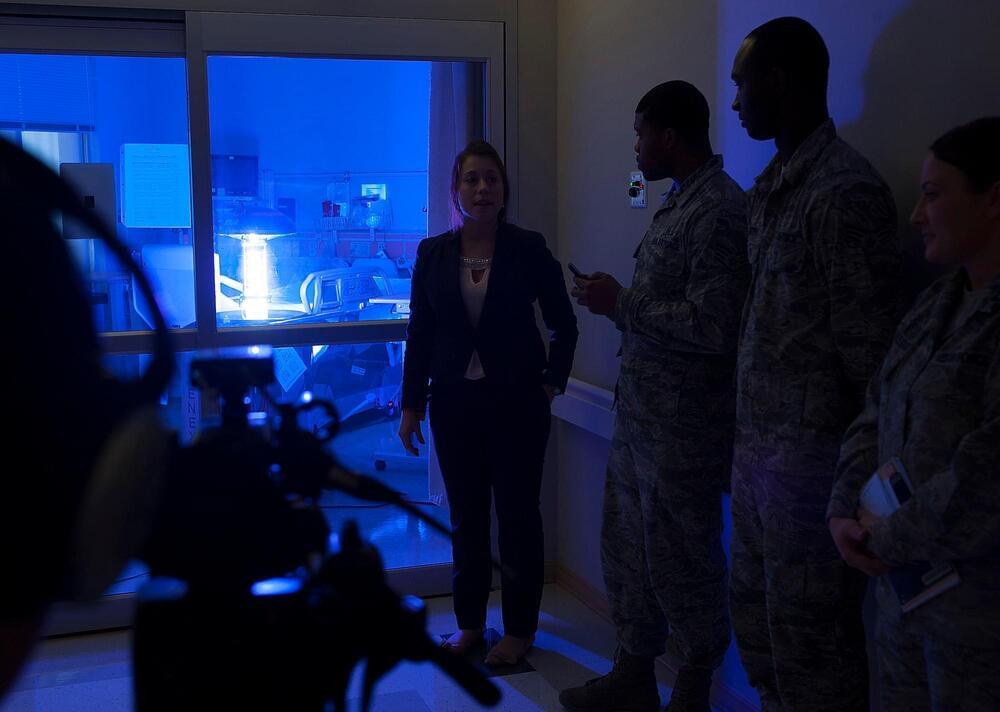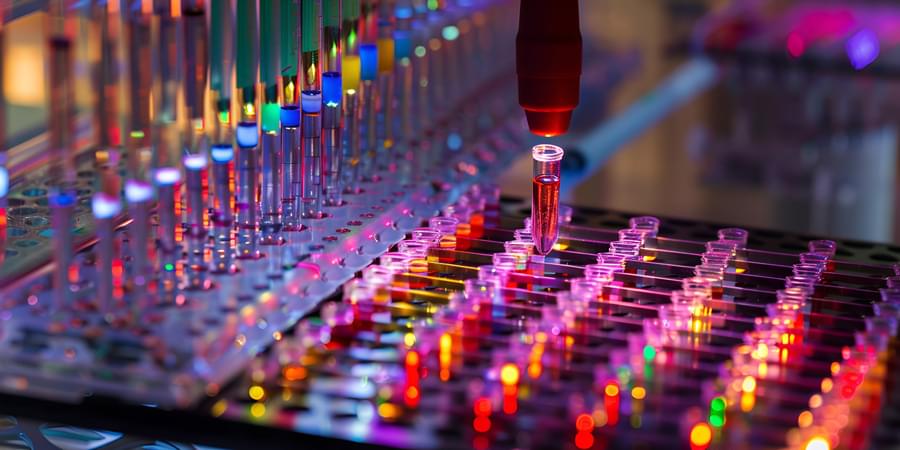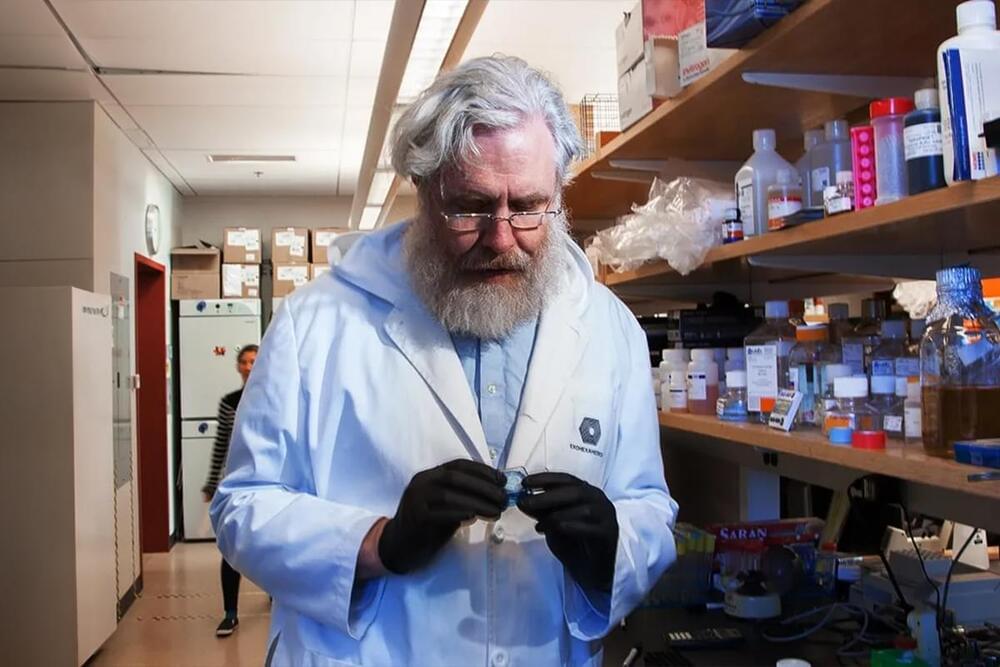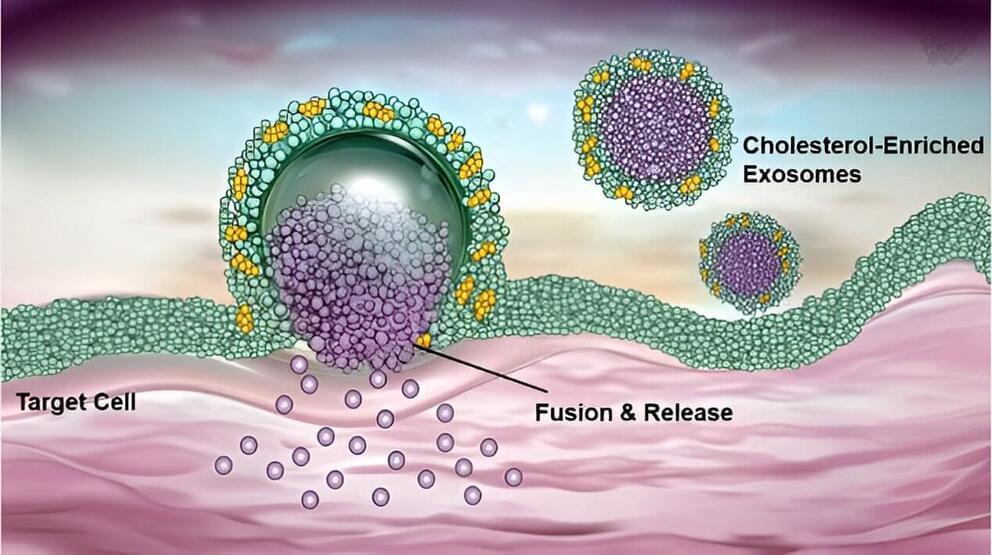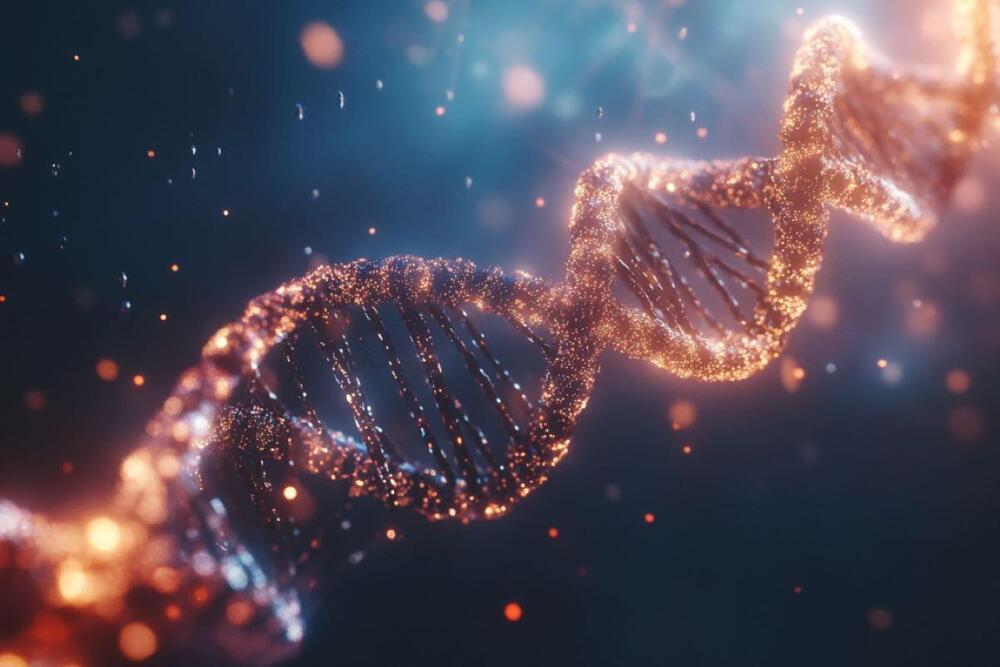GC Therapeutics’ plug-and-play stem cell programming platform aims to reduce cell therapy development time by up to 100 times.
Cell therapies have revolutionized the treatment of certain disease areas; however, challenges in scaling these therapies…
Cell therapy startup GC Therapeutics (GCTx) has emerged from the lab of renowned geneticist George Church, securing a $65 million Series A funding round that brings the total raised by the company to a cool $75 million. The company is on a mission to enable the next generation of cell therapies through its proprietary TFome platform, which GCTx claims is the first plug-and-play induced pluripotent stem cell (iPSC) cellular programming platform.
Developed by a team of scientists in Professor Church’s lab of at Harvard Medical School and the Wyss Institute, TFome aims to help streamline the complex, error-prone and costly process of cell therapy development by accelerating production and enhancing the quality of cell therapies across a wide range of disease areas. The power of the platform lies in its ability to harness transcription factors, the proteins that regulate gene expression and determine cell fate. By precisely controlling these factors, the platform can guide stem cells to differentiate into any desired cell type in a highly efficient and scalable manner.
Offering a single-step process that enables the efficient differentiation of iPSCs into various functional cell types with over 90% efficiency in just four days, GCTx claims that TFome has the potential to reduce the time associated with cell therapy development by up to 100 times compared with conventional methods, while also improving the potency, efficiency, and quality of the resulting cells. The company aims to leverage the platform to develop off-the-shelf iPSC-based medicines, which can be produced quickly and at a lower cost than current alternatives.

